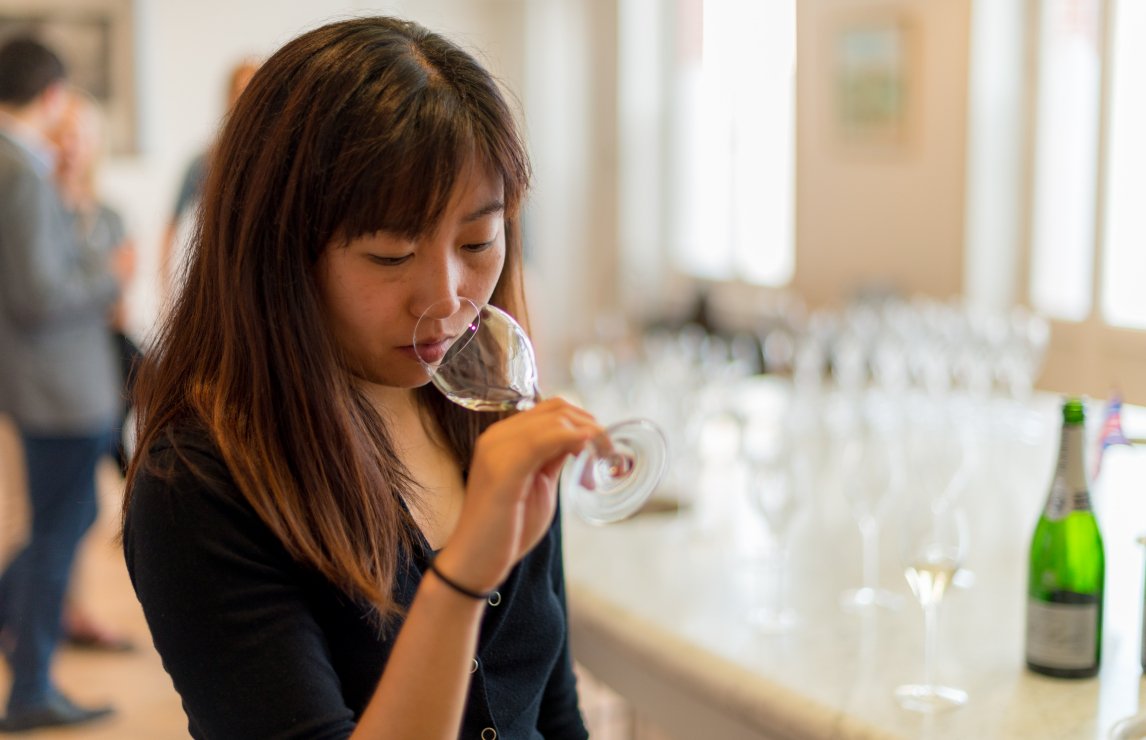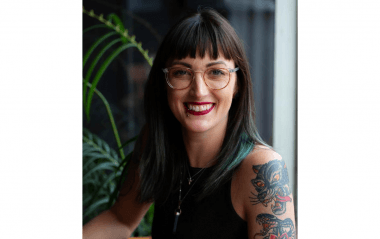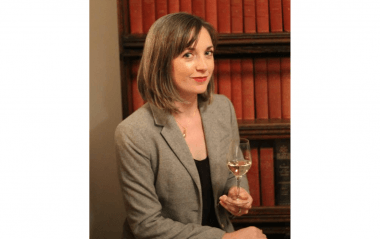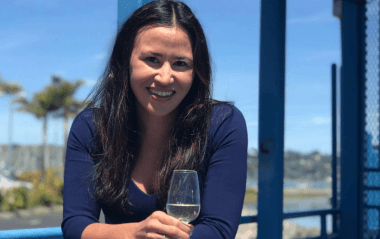Future 50 Q&A: Qian Janice Wang
The Future 50 is a new initiative created by WSET and IWSC to select 50 future influencers of the global drinks industry. Find out more and view the final list here.
Qian Janice Wang is an assistant professor in food science at Aarhus University, Denmark. Her research examines how sound can modify and enhance the way we perceive food and drink. Her work has been covered in the Financial Times and the Economist.
What do you do?
I’m an assistant professor at the Department of Food Science at Aarhus University, where I research cognitive neuroscience, consumer psychology, and flavour perception. Due to my interest in wine, a big part of my work deals with how people taste, describe and learn about wine.
How was your work affected by the coronavirus outbreak?
I had to cancel all my planned research trips and conferences. We moved to online teaching, but my day-to-day work supervising students, writing research grants and research papers pretty much remained the same.
We also had to change the way we conduct research. We usually ask people to come into the lab to participate in our research, but we have had to run online studies instead.
What are you most looking forward to as the lockdown eases?
Being able to travel again! I miss my regular visits to wine regions around the world.
Any updates since you won the Future 50 award last year?
I have since finished my WSET Diploma with distinction! That was very exciting and surprising.
I am also in the middle of conducting a very exciting series of studies on wine complexity and Madeira ageing, looking at how novices and experts differ in their subjective responses, sensory descriptions, and potentially expanding the project to measuring brain signaling too.
What’s been your favourite drink of 2020?
My husband (who’s also a DipWSET) and I enjoy finding hidden gems and obscure wines. For his birthday, I bought him a bottle of Amigne de Vétroz when I was in Switzerland. We had never tried the variety Amigne before and this semi-sweet bottling by Jean-René Germanier was really perfumed and delicious – somewhere between an Alsatian Pinot Gris and Gewurztraminer.
What is your proudest achievement so far?
Getting my PhD! Passing the Diploma with distinction is also definitely up there.
Do you have any advice for people starting out in the drinks industry?
Always be curious and ask questions.
Also, from my experience doing competitive blind tasting at Oxford, blind tasting is really difficult, so you’re doing well if you can get something right once every four or five times.
Have you got any particular ambitions or plans in motion?
I would like to become a MW to help me communicate my research better to both the wine and scientific communities. My ultimate goal is to show through research that wine is the perfect medium through which to study the workings of the human mind.
What excites you in the drinks industry right now?
Given the increasing emphasis on sustainability, there is a lot of attention on organic and biodynamic wines right now, at least in Denmark. I have an ongoing study on consumer expectations of organic wines to help retailers and winemakers understand how best to get people to buy organic wines, even though it might cost a bit more.
How has working with IWSC helped you?
I think having the IWSC Future 50 award helps to convince people that I take wine research very seriously, because it shows I have recognition from the wine world as well as the research side.




